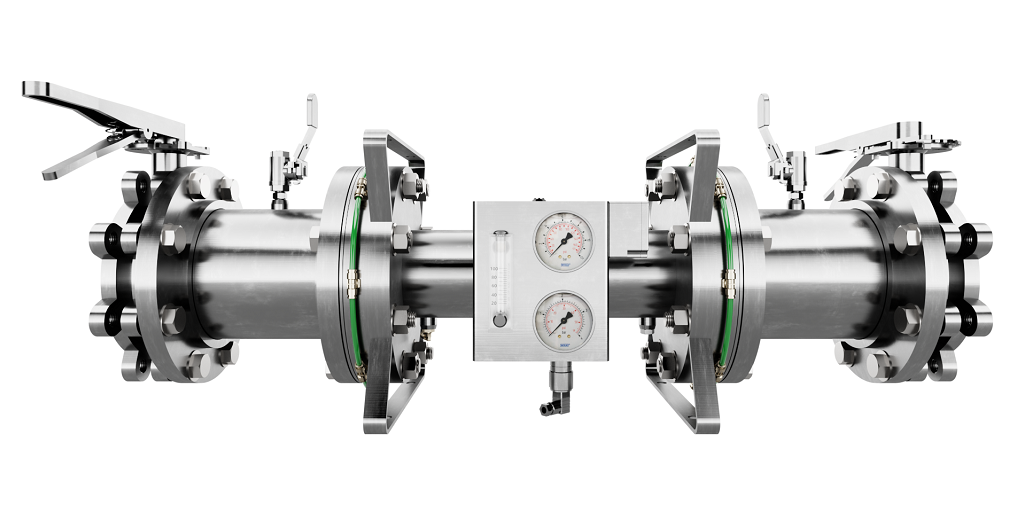Sign up here to subscribe to the Grower2grower Ezine. Every two weeks you will receive new articles, specific to the protected cropping industry, informing you of industry news and events straight to your inbox.
Jun 2021
Autodiallers are an Essential add-on
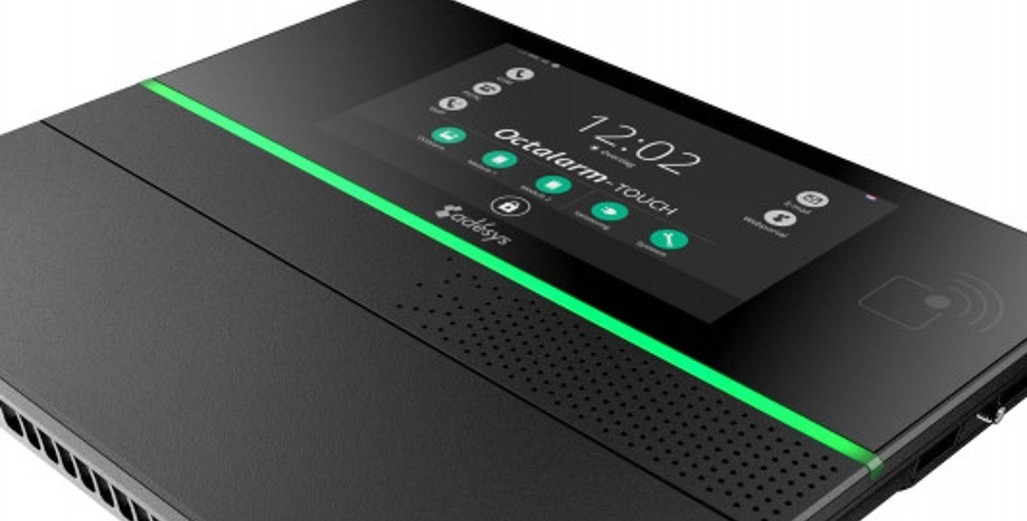
Managing Risks by Nathan Hewson, Advanced Hort
Managing Risks and Insuring investments is a huge part of any business, and every business has its own unique risks. Being able to manage or reduce those risks means that it’s less likely to cause the business losses, whether that is lost time, wasted resources or financial costs. Protected cropping and intensive horticulture use a significant amount of integrated controls within the operational side of the business to ensure that everything runs smoothly and when it doesn’t, there is a quick and sure fire way to know about it as possible.
Within these installations there is sensor componentry that is designed to monitor the different environment or irrigation parameters that we are trying to control and often these controllers give a signal to warn us, its what we wire this signal to could be the difference between saving or loosing you investment.
Alarm Diallers, or sometimes known as Autodiallers are an essential add-on in any protected cropping or intensive horticultural installation. They are essentially a small electronic device that we can wire to a Controller, such as from a Priva or Hortimax Controller that will then call, text or email a grower or manager when a problem is detected, allowing instant communication that something has gone wrong and needs to be rectified. This empowers the grower to have their finger on the pulse and amend the fault or issue before further loss or damage occurs because of unchecked alarms.
There are different products available, but not all auto-diallers are built equal. Depending on what you, the grower thinks is important will ultimately determine the auto-dialler that you invest in. Several key things to consider when looking at your options include:
- Battery Backup – if your dialler loses power, can it still send an alert?
- Email / Text / Phone call – which type of notification is going to get your attention quickly?
- Cost of dialler Vs Cost of Crop investment – Is cheaper always better?
- Insurance – Does installing an Auto-dialler lower your insurance premiums?
- Remote Access – Are you able to log in to check the status or adjust settings easily?
- Accessibility/User interface – How easy is it to change settings?
- Scheduling Alerts – Do you need to notify different people on different days?
Installing an Alarm dialler is a very cheap form of insurance that allows you to be alerted if there is an issue on your farm. A few examples of this may be if the temperature in the compartment has gone over a certain setpoint due to a failed motor or if the tank filling valve has failed and there is no fresh water in your source water tank as a result. I am sure you could think of a few things on your own property that would be of great benefit if you were alerted to them.
In Holland, insurance companies impose a number of key requirements on their insured parties. To prevent any misunderstanding concerning the coverage provided by your insurance policy it is important that you are aware of the conditions that apply to your insurance policy. These conditions are contained in your policy schedule.
The obligations concerning the selected dialler and the way in which you use it do not differ all that much by insurance company. Below are a number of key points that insurance companies look for that you may wish to consider, if you are investing in an autodialler:
- The alarm system must not be dependent on the mains power supply, but must be able to operate independently. The system must therefore be equipped with its own battery with sufficient capacity.
- Due to wear, this battery must be replaced every 2 years.
- Alarms must be tested weekly.
- Alarms must be protected against overvoltage on the power supply and the signalling side.
- The alert must always be sent to at least two telephone numbers of one or more persons.
- In relation to the alarm situation, these individuals must act promptly, effectively and properly. The time to respond can differ by insurer.
- The selector must be connected to the telephone network and be given the highest priority, such that an alert always has priority over other connected devices.
- The networks used by alarms to transmit alerts must be implemented with redundancy (fixed telephony and GSM combined in 1 alarm device).
- The selector must be provided with an automatic number repeat feature with an acceptance procedure.
The Octalarm-Touch and Octalarm-IP meet all requirements set by the agricultural insurers for alarm equipment.
Advanced Hort Ltd are a New Zealand supplier and will provide backup and support for the Adésys Alarm diallers. Do not hesitate to contact our specialists for further information about our products and insuring your operations.
E: Nathan.Hewson@advancedhort.co.nz
M: 027 378 5481

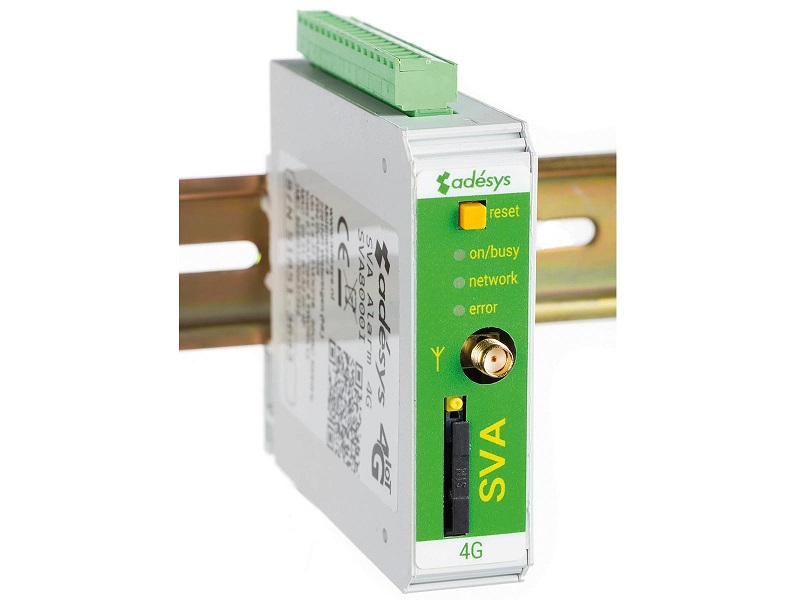
CLASSIFIED
Subscribe to our E-Zine
More
From This Category
More daylight in the greenhouse for higher production

Minipack Quickshrink Ltd.

John van Santen joins the management of Metazet
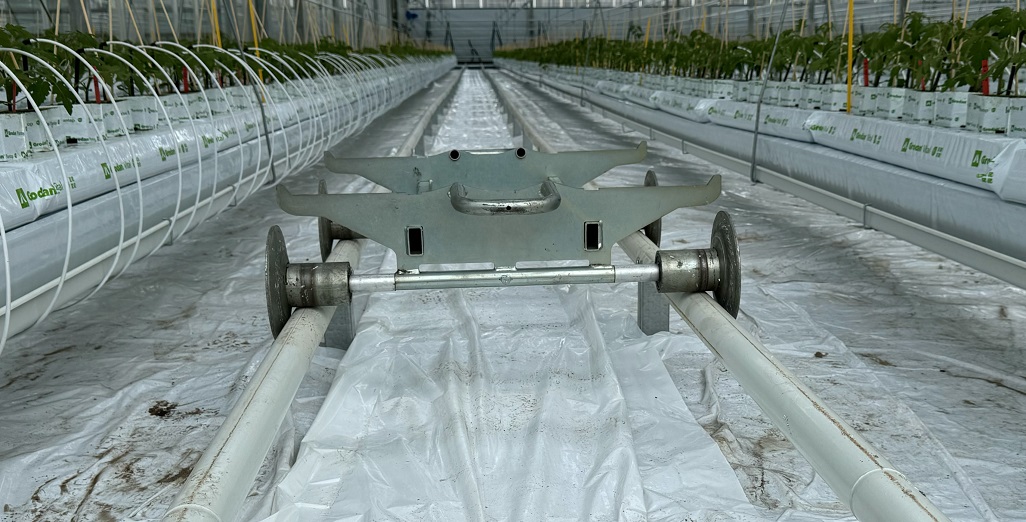
Metazet Completes Greenhouse Installation in 2 Days for New R&D Greenhouse
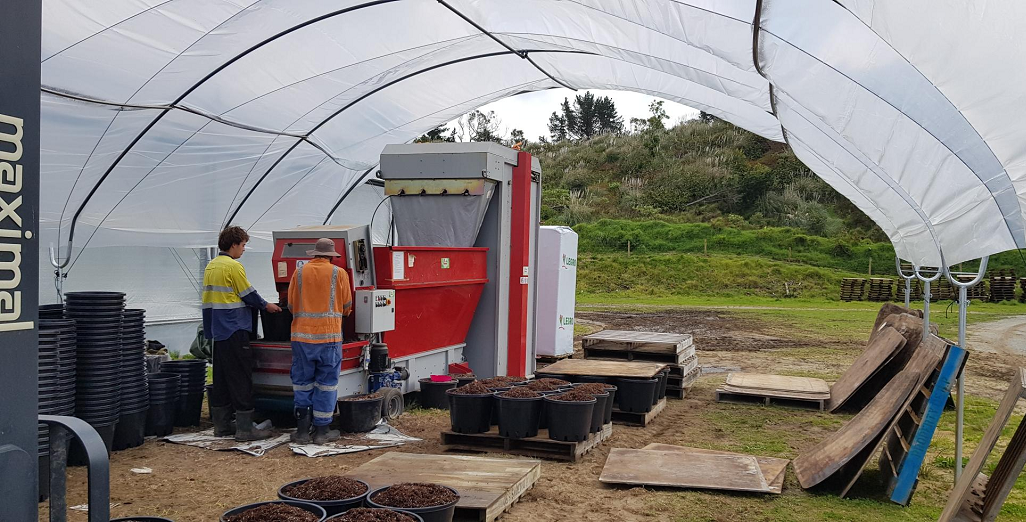
Bale Breaker, Just Press Play
